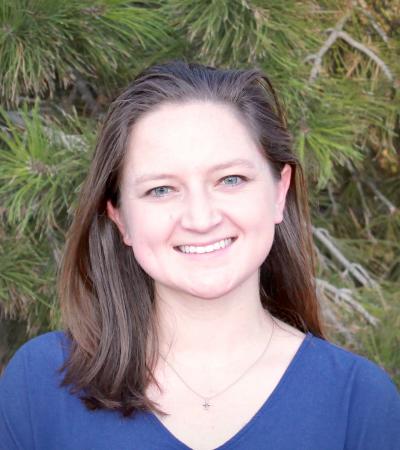This bio is current as of 2020.
In working with Professor Susan D. Blum through the Kellogg ISP program, Taylor Still engaged new pedagogies and perspectives on education, linguistics, and language instruction. This exposure to the history of education outside the United States encouraged her to apply for the Center for Social Concerns’ International Summer Service-Learning Program, through which she spent the summer of 2016 teaching English in a rural vocational school in Kitete, Tanzania. As a teacher, participant-observer in other classrooms, and student of the Kiswahili language, she learned more about the structure of the Tanzanian education system, the niche of the vocational school, and the political and social forces that govern the treatment of English, Kiswahili, and myriad local languages, informing which students have access to education. Still continued exploring the themes of education, community development, dignity, and voice as a student employee for the Kellogg Institute’s Ford Family Program in Human Development Studies and Solidarity through her senior year. Working with Ilaria, Beth, and Fr. Dowd was an invaluable prefatory education for graduate school with the Alliance for Catholic Education. She earned her Master of Education in 2020 and continues to teach middle school students, whose home languages vary from Spanish to Urdu and Tigrinya to Sureth. Her hope is fulfilled when she is putting her education at the feet of her students - to see the perspectives she studied with Professor Blum when she was 18 help her to honor their linguistic backgrounds or for the strategies, she learned through ACE challenge her to serve every child.
This profile was current as of 2018, when she was part of the on-campus Kellogg community.
During the spring of my junior year (2017), I explored feminism and political representation in Rome, Bologna, and Milan, Italy, interviewing female leaders on the topics of self-representation and perceived governmental responsiveness to civil society action. Recognizing the vibrancy of the women’s movements between the United States and Italy, my thesis argues for the expansion of our idea of a “representative.” Both countries have experienced disillusionment with past and present political representatives and alleged inaction in response to persistent objectification and marginalization of women, evidenced by unabated verbal and physical gender violence. Elevating the voice of embedded and informed non-governmental actors may result in more accurate and active representation that approaches resolutions for complex social issues afflicting women. With this expansion of the feminist political theoretical framework, my hope is that the “substantive” responsibility of political representatives to act for and on behalf of their constituents is reinforced and civil society actors gain confidence in political participation.
In working with Professor Susan D. Blum, I have engaged new pedagogies and perspectives on education, linguistics, and language instruction through the completion of literature reviews and the production of web and video content. This exposure encouraged my application for the Center for Social Concerns’ International Summer Service-Learning Program, through which I spent the summer of 2016 teaching English in a rural village in Kitete, Tanzania. As a teacher, participant observer in other classrooms, and student of the Kiswahili language, I learned more about the structure of the Tanzanian education system, the niche of the vocational school, and the political and social forces that govern the treatment of English, Kiswahili, and myriad local languages, informing which students have access to education. I am grateful for the opportunity to continue exploring the themes of education, community development, dignity, and teacher education as a student employee for the Kellogg Institute’s Ford Family Program in Human Development Studies and Solidarity.
Obesity, human rights violations, gender-based violence and discrimination, sex trafficking






